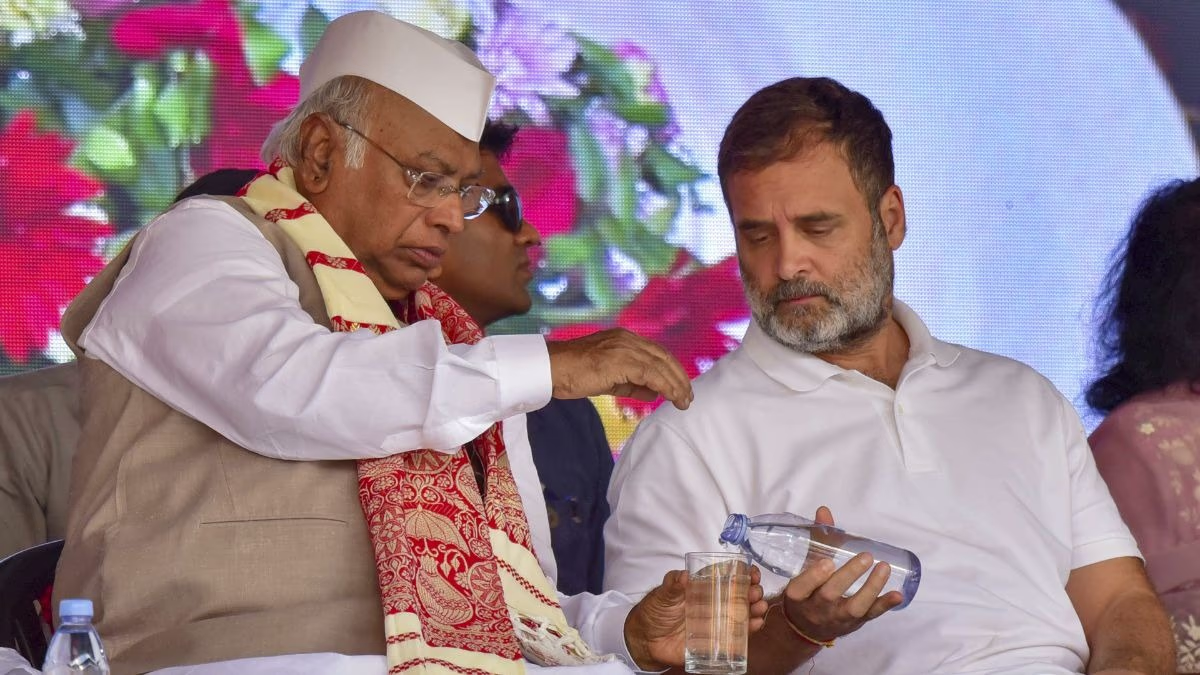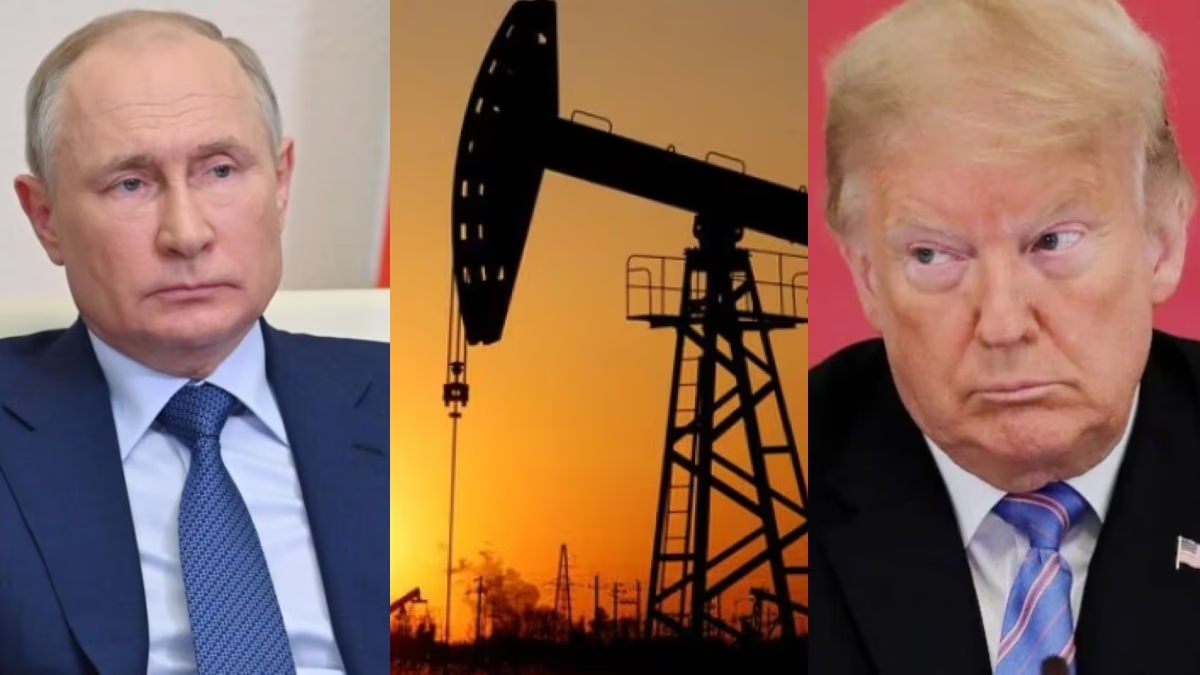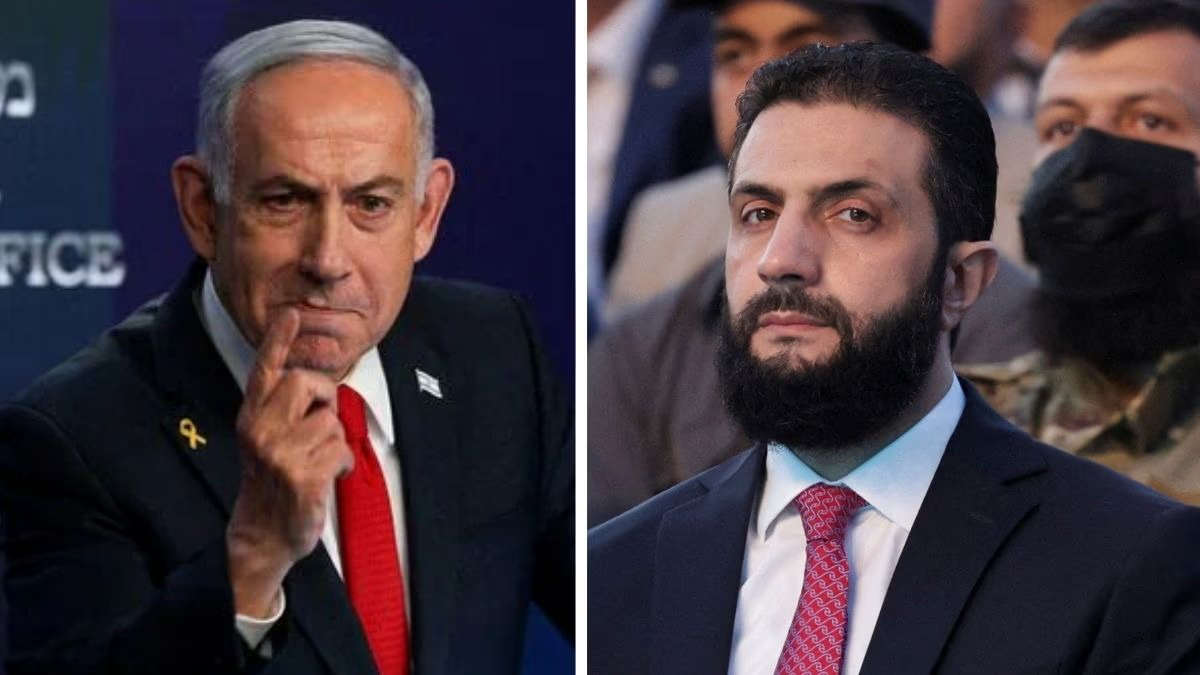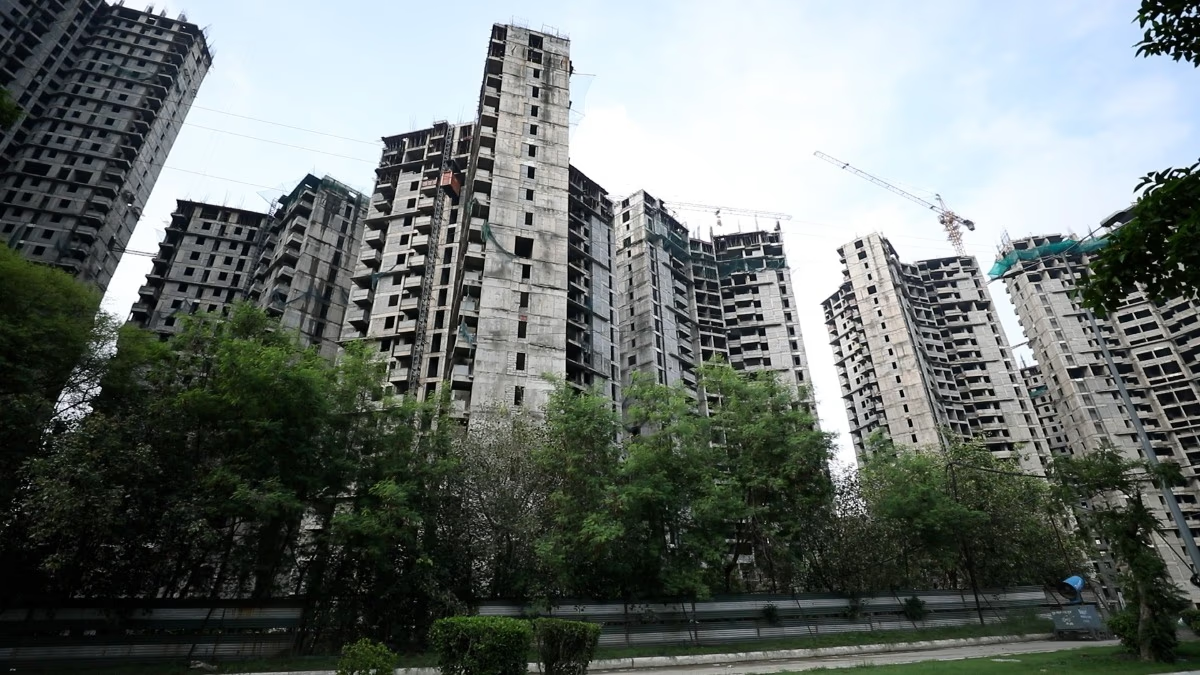The opposition is already gearing up to challenge the government in the upcoming monsoon session of Parliament, which starts on July 21. While the voter list issue in Bihar remains hot, the Pahalgam incident and 'Operation Sindoor' linger in Congress's agenda. The ruling BJP has not allowed these wounds to heal by rejecting Congress's call for a special Parliament session.
In Parliament, the attack on tourists in Pahalgam could be a powerful weapon against the government. The demand for restoring statehood to Jammu and Kashmir could prove significant in this atmosphere.
Rahu.
The Congress's latest plea involves a letter to Prime Minister Narendra Modi authored by Rahul Gandhi, Leader of the Opposition in the Lok Sabha, and Mallikarjun Kharge, a senior leader in the Rajya Sabha. Their letter requests the restoration of statehood to Jammu and Kashmir. They also jointly sought a special Parliament session for addressing these issues.
Congress Pushes Statehood Issue
The leaders wrote to Modi, urging the government to introduce a bill during the monsoon session of Parliament that restores full statehood to Jammu and Kashmir. They also requested a bill for including Ladakh under the Constitution's sixth schedule.
Kharge and Gandhi noted the legitimate demand of Jammu and Kashmir's people for statehood restoration. They highlighted Modi's past promises made through interviews and various platforms where the restoration was assured, emphasizing that Jammu and Kashmir is the only territory divided into two Union Territories.
Including Ladakh in the Sixth Schedule
The Congress also requested the inclusion of Ladakh in the Constitution's sixth schedule, similar to Assam, Meghalaya, Tripura, and Mizoram. They believe this move would protect Ladakh's cultural and traditional values, offering more autonomy for local governance.
The Congress asserts that such legislation would safeguard land, rights, and identities—crucial for the socio-political aspirations of Ladakh's citizens.
Implications of Congress' Latest Stand
While the special session demand was not met, the Congress aims to leverage the monsoon session with their quest for government accountability. The issues of Pahalgam and 'Operation Sindoor' remain unresolved, providing Congress with ample scope for opposition.
The situation intensifies with Shashi Tharoor's political repositioning, leaving a mark on Congress's strategy. Raising the Jammu and Kashmir issue appears even more consequential.
Mention of Jammu and Kashmir typically aligns with discourse on Pahalgam attacks, leading to discussions on 'Operation Sindoor'. These discussions fuel the ceasefire debate, enhancing Congress's arsenal.
Notably, Jammu and Kashmir’s former Chief Minister Omar Abdullah aligns with Congress's demands, expressing gratitude to Gandhi and Kharge. Abdullah’s perspective strengthens the overall political engagement.
Abdullah, a prominent voice on issues like EVM and INDIA's political scenarios, recognized this as a solid move for Jammu and Kashmir's long-awaited demand.
While Congress co-operates in political partnerships like the National Conference, they don’t hold a government position. Yet, Omar Abdullah's views illustrate an unchanging perception towards Congress.
Observing parliamentary support for Congress, from parties like Trinamool Congress and Samajwadi Party, could shift dynamics. Past disengagements suggest potential unpredictability in session outcomes.
Yet, should a consensus be achieved, it marks a significant stride toward addressing both developmental and cultural needs.
The Congress continues to stay assertive with aspirations to harness parliamentary support while navigating the convoluted political landscape.




